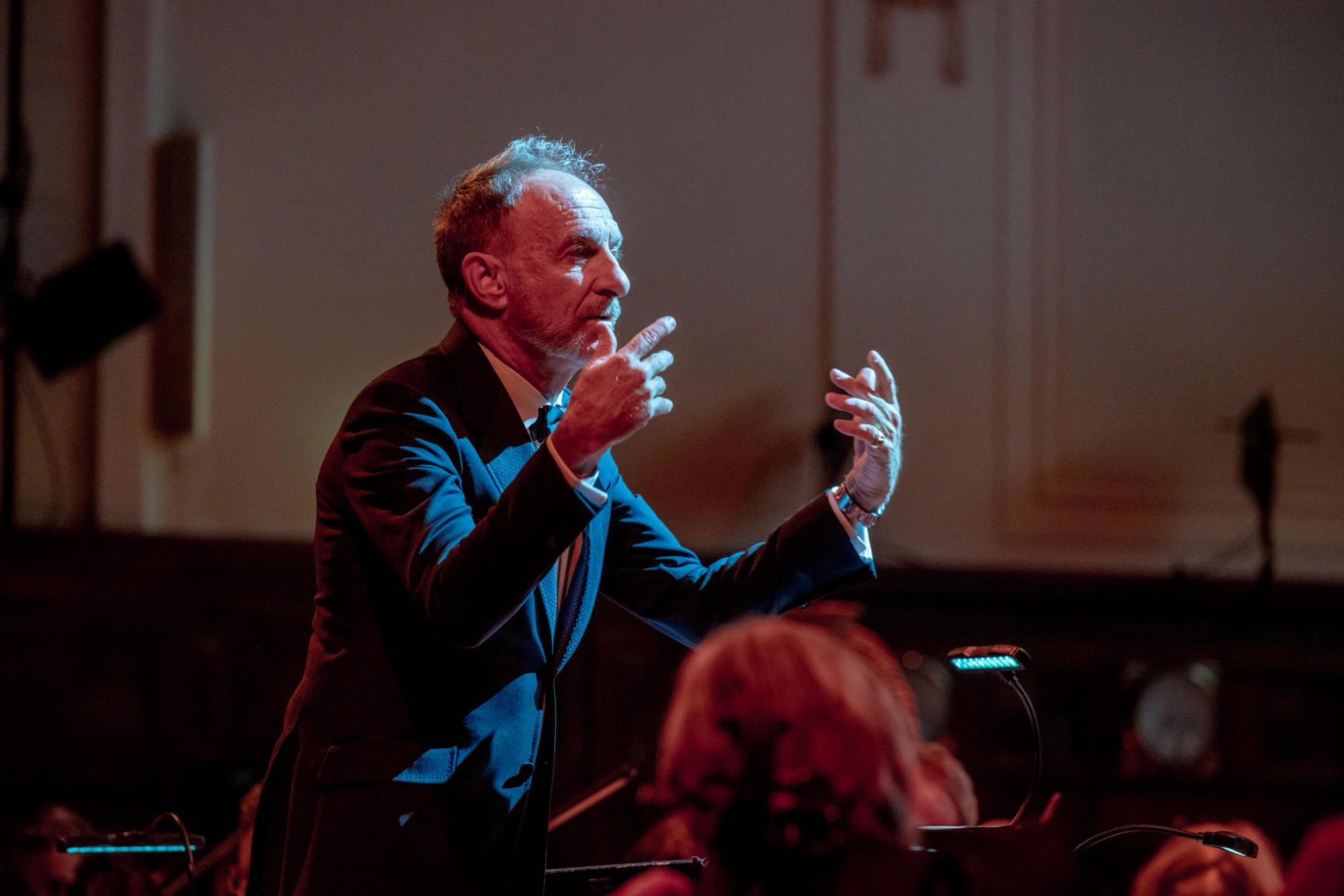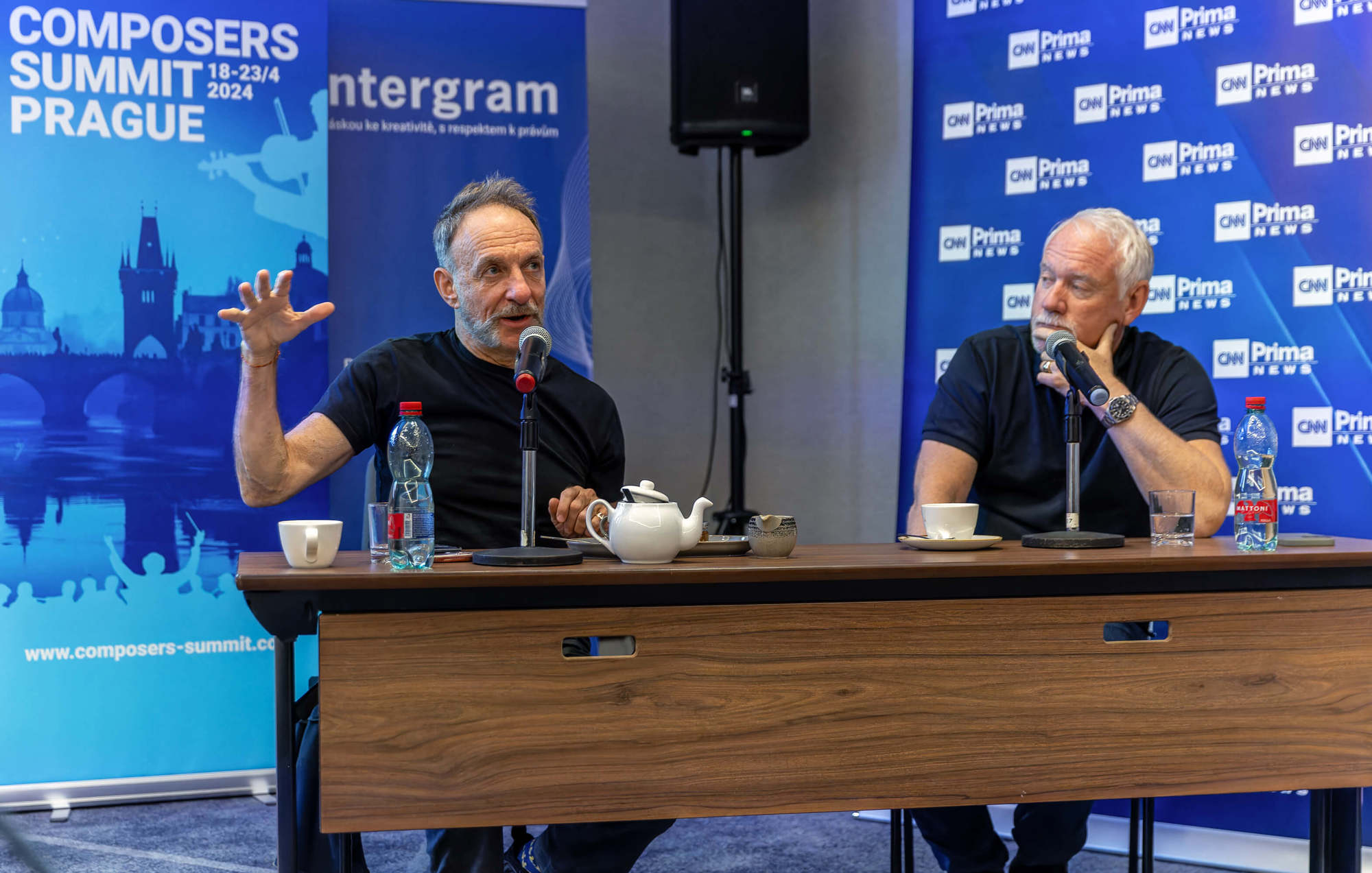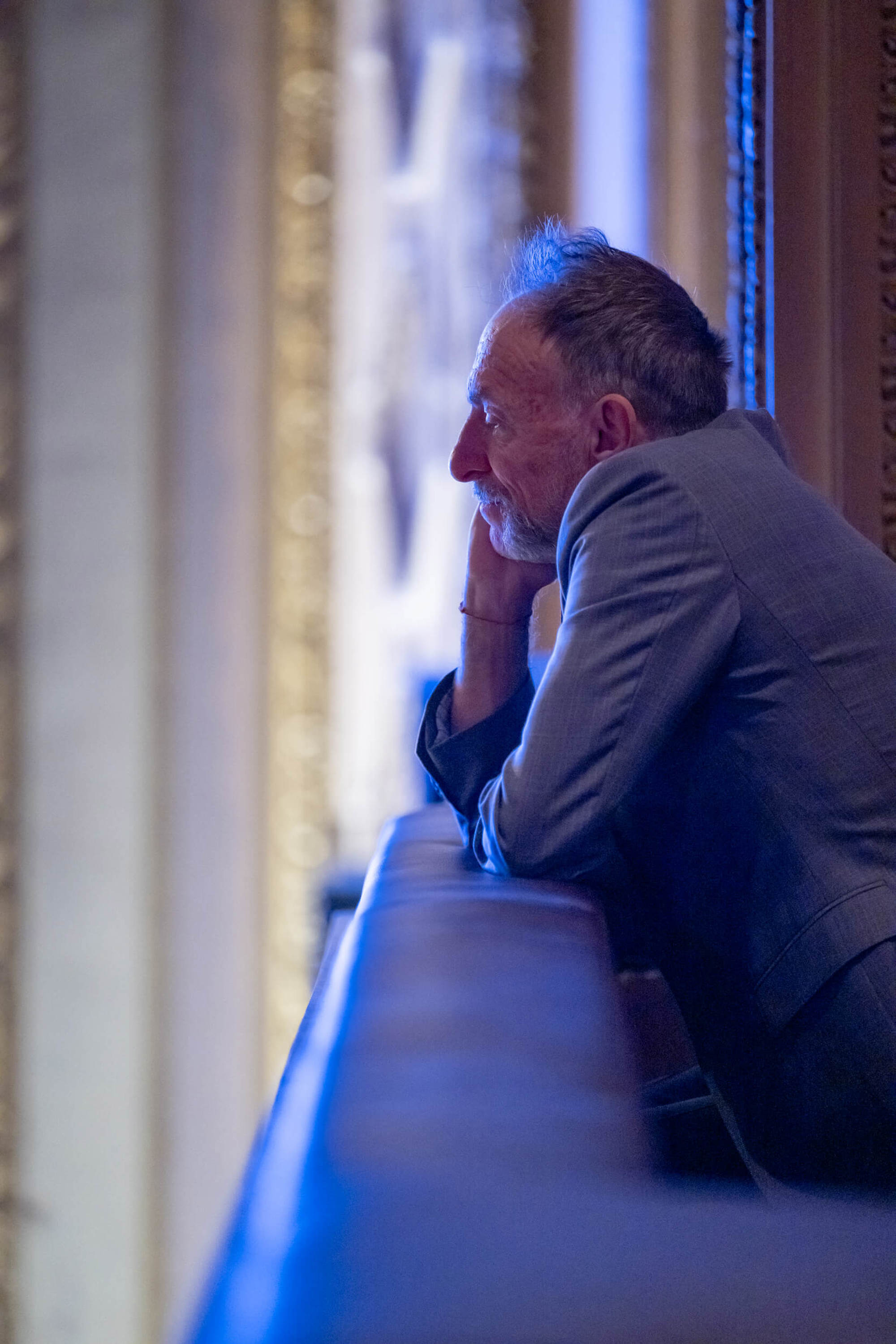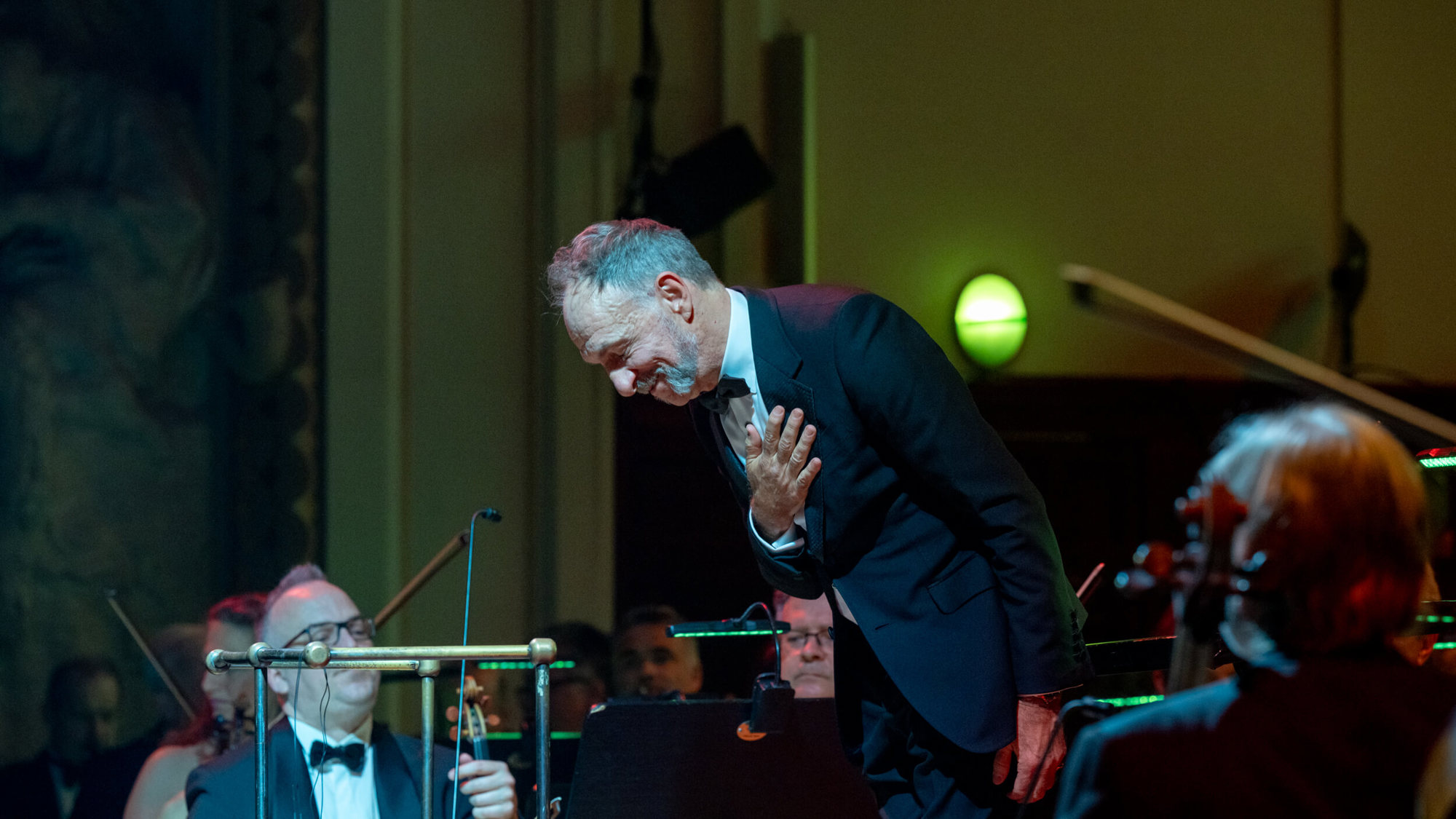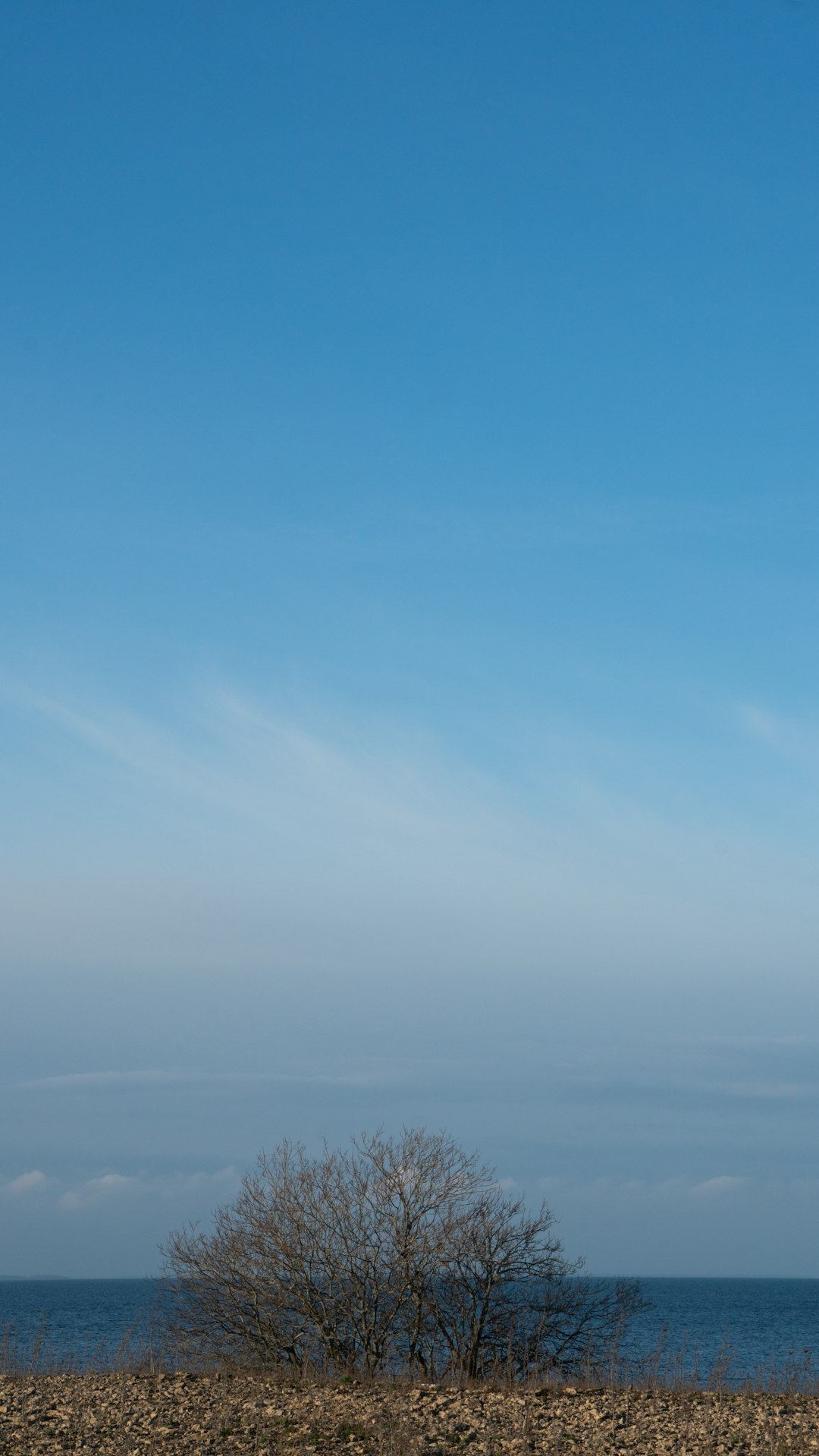How does composing music for a particular film begin? Does the director contact you or do you audition?
Sometimes, yes. Usually, once the film is shot, if the director doesn’t already have someone in mind, they'll start assembling the footage and might start putting music in from other films. They’ll say, this is working quite well, who composed this? Often it happens that music from your other films will get the attention of the next movie, often they'll go to agents. Composers have agents and they'll say: we need somebody who can do this. What about this person? Let's hear some music. You send over some music and maybe they'll try it in the movie,they'll cut it in and see if it works.
What are the crucial parameters for you to consider when you decide whether or not to take a job?
I've done so many different things, nearly every style or genre. I don't do horror movies. I'd leave that to Chris Young. He’s here now in Prague as well. I want to use my skills to help tell stories that are interesting, be it comedy, animation, drama, tragedy, or experimental. If the music can help open up new avenues into the story, that's the most interesting thing to me. Or if it’s a challenge, something I haven't done before. I've always made the decision based on that. And if the director is someone who's conceptual and thoughtful. I only learn from them. I want to expand and do interesting work and do things that I didn't think I could do. That's the most fun thing when you're scared. You learn how to do it, and then at the end, you think, “I never thought I could do that.” That's the best feeling in the world.
How does composing music for a film differ from composing music for ballet or a dance company?
I've been writing music since I was pretty young. I wanted to be a pianist, but when I was fourteen, I went through a window and cut my hand. I wasn't able to perform anymore, so I started writing music. It was something that I found really rewarding. Ever since I was little, I wanted to be a composer. But to me the thing that really anchors me to writing is the story. I think I was born to be a film composer. It's the way that I'm made, my brain, my feelings. It comes to life when I have a story. I just wrote a concert piece, but I had to make a story. So for me there's a story behind it and probably no one will ever know what it is, but that's the only way I can do this. It's telling a story.
What are the stages of your work?
Some films are thematic, some are environmental or atmospheric. If you're writing the score for a thematic film, you'll watch the film with the director, talk about the story, the characters and then you might start to think, okay, I need a theme for this, a “home” for this concept. It can be a character or a concept or an idea. You kind of map out where these themes are going to go. Now you know that the theme has to work in this scene, this scene, and this scene in different ways. It can be very simple here, and here it gets more complicated; it has an arc, and there's a development. You start sketching to find that thing that‘s so mysterious. After all these years I’ve no idea how that works or where it comes from.
Where does the music come from?
I have no idea. It’s the most frightening, mysterious, and important part of the process, but I try not to think about it because I have to just let it come through me.
You feel the music is coming through you?
The good music is. The bad music comes from me. You don't even recognize the best pieces as your own. Honestly, I feel no ownership for the best work I've done.
And it’s scary?
Yes. It's kind of mysterious. It's like any natural process, like a flower growing and producing a bud, then the petals open. It's magic. It's best to just experience it and not try to figure out how it works. You can explain, for example, how the nutrients come in and then the sunlight. You can think about all those things, but when you're alone in a room trying to write that theme, you have to bypass your brain. Your brain is not your friend at that moment.
Do you have a technique that you use?
You have to lose yourself. You have to forget, almost erase yourself.
Do you have a routine when you go to your room to compose?
Procrastinate. I read. This concert piece that I did is about Mother Teresa. I read three books about her. I read all her letters, and in a way, it's like I'm lying on the couch and reading, and you think: oh, you're being lazy. But actually it’s like filling up the well. It's best not to think about it – you just pour it in, and then suddenly, you just feel it. It's more of a feeling – I don't hear the music so much as I know how I want the music to make me feel. I know for this scene, this scene, and this scene what the feeling is. That's something I think I'm good at. So now I have to find the music that makes me feel like that.

